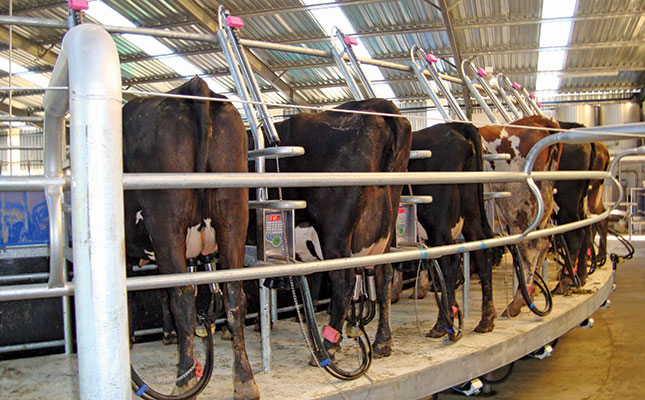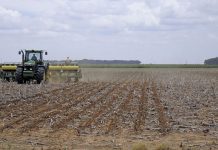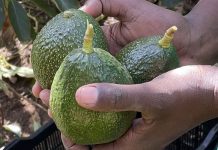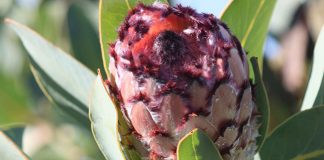
According to the report, the market for pasteurised milk has been declining, whereas the UHT (long-life) milk segment is growing at a rapid rate. The increasing acceptability of UHT milk among all economic classes in the country has been a major driver of the growth.
“Gauteng dominated UHT milk sales in South Africa, however, with rising urbanisation in other provinces, its share is expected to decrease during the forecast period,” the report stated.
“The rise in urbanisation has been indirectly driving the growth of UHT milk [consumption due to an increase in] the bulk purchase of groceries, including UHT milk.”
According to the South African Institute of Race Relations (SAIRR), two-thirds of the South African population lived in urban areas in 2011, up from 52% in 1990. Polokwane, Rustenburg, Vanderbijlpark, Nelspruit, and Ekurhuleni were the fastest growing cities in the country.
MPO chief economist, Dr Koos Coetzee, said “farmers have not been able to produce enough milk during the drought to meet the growing demand, compelling big retailers to import milk, among other dairy products, from countries such as Poland. There is no tariff for importing UHT milk which is sold at lower prices,” said Coetzee.
Dairy companies are increasing UHT milk production capacities to cash in on the opportunity. Clover Industries acquired the UHT milk business of DairyBelle in 2014, while Woodlands Dairy increased its UHT milk packing capacity from 6 000 litres/hour to 1 000 litres/hour in 2014.










